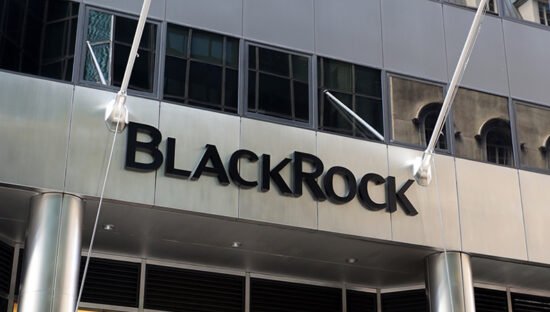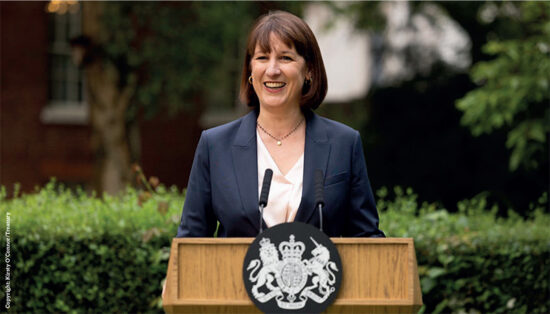Under the new agreement, which was announced yesterday as part of the IoM’s Budget, UK resident individuals, companies and trustees can make a voluntary disclosure to come clean on undisclosed assets and income from the IoM which have not previously shown on their UK tax returns.
The individual must apply to use the facility by 30 September 2016 (the same date by which an application must be made to use the LDF) and pay all outstanding tax for all years since 5 April 1999, along with interest and penalties when applying. In return, HMRC will not seek to collect any unpaid tax on such assets for periods before 5 April 1999 and tax penalties charged will be capped – the maximum penalty being 40%.
However unlike the LDF, the IoM disclosure facility, which is due to open in April, does not offer immunity from prosecution and, as reported above, outstanding tax must be paid at the point of application.
Paul Clarke, tax partner at PKF, said: “The announcement of the Isle of Man disclosure facility, which starts on 6 April this year, may be the first of many.
“However, I’d advise anyone affected to consider their options before signing up because, unlike the existing LDF, it does not offer those who use it immunity from prosecution. Of course, you are less likely to be prosecuted if you make a full voluntary disclosure of tax irregularities.”
Meanwhile Phil Berwick, partner at international law firm Pinsent Masons, said the new disclosure facility is simply not as generous as the existing LDF.
“There is good news and bad news with the Isle of Man facility. The bad news is that there are numerous restrictions to entry,” Berwick.
“The good news is that the Liechtenstein Disclosure Facility can be used instead, and will offer, for many, significantly better terms.”








